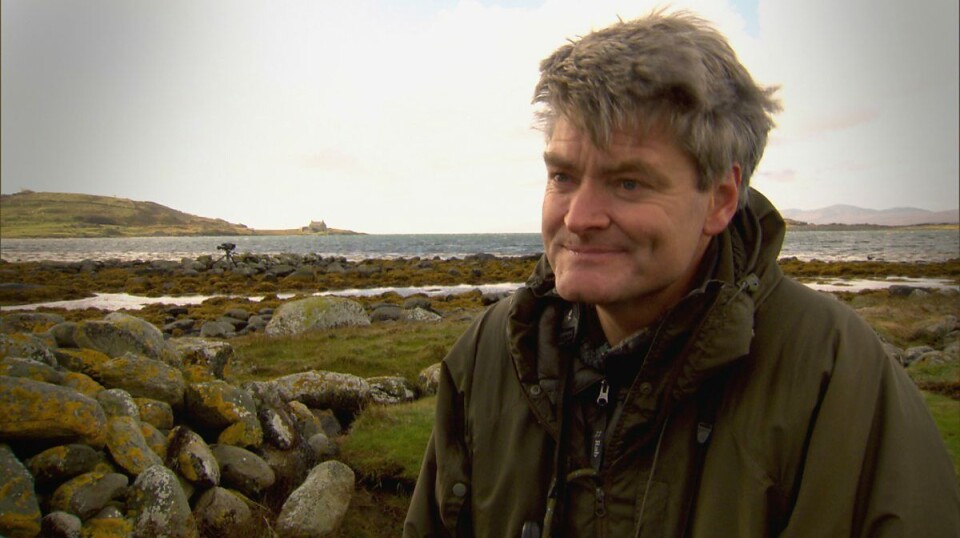
Salmon farming critics will be first up at new inquiry
Representatives of two groups that want end to open net pens are to give evidence on opening day of Holyrood probe
Two campaigners for groups opposed to net-pen salmon farming in Scotland will be among witnesses giving evidence to the Scottish Parliament’s Rural Affairs and Islands (RAI) Committee inquiry into fish farming next Wednesday, June 5 (9am).
John Aitchison, a Bafta-award winning wildlife cameraman, represents the Aquaculture Group of the Coastal Communities Network, which wants to force salmon farming into closed containment.
Rachel Mulrenan is Scotland director of WildFish (formerly Salmon and Trout Conservation), a pro-angling pressure group which is demanding the closure of all open-net salmon farms and runs a campaign to take farmed salmon “off the table”.
They will give evidence to MSPs at a session for representatives of non-governmental organisations which will also feature Sean Black, senior scientific officer for aquaculture for the Royal Society for the Prevention of Cruelty to Animals (RSPCA), and Sarah Evans, aquaculture policy officer for the Marine Conservation Society. The Society has concerns about some aspects of the sector but does not demand a move to closed containment.
Scientists
Their evidence session will be followed by a second featuring five scientists:
- Dr Annette Boerlage, research fellow in aquatic epidemiology at the School of Veterinary Medicine, Scotland’s Rural College
- Professor Simon MacKenzie, head of the Institute of Aquaculture, University of Stirling
- Professor Sam Martin, director of research, School of Biological Sciences, University of Aberdeen
- Dr Helena Reinardy, lecturer and teaching fellow, Scottish Association for Marine Science
- Professor Lynne Sneddon, chair in zoophysiology, Department of Biological and Environmental Sciences, University of Gothenburg
According to a biography on the Gothenburg University website, in 2002 Sneddon was the first scientist to characterise nociceptors that detect painful stimuli on the head of a fish, and she has since investigated the capacity for pain, fear and stress to drive improvements in the welfare of fishes and other aquatic animals.
A focused inquiry
The RAI Committee inquiry is a follow-up to an inquiry carried out by one of the committee’s prior incarnations, the Rural Economy and Connectivity (REC) Committee, which led to a report in 2018.
“This will be a focused inquiry which does not aim to repeat the work of the REC Committee in exploring the various issues around salmon farming in Scotland,” a RAI document states.
“Instead, the remit of this inquiry is to ‘follow up’ on themes drawn out in that Committee’s wide-ranging inquiry to ascertain what progress the Scottish Government has made in enacting the opportunities identified by that Committee for improvements to the salmon industry.”
Farm visit
In future weeks, the RAI Committee will hear evidence on farmed fish health and licensing and consenting issues, and evidence from the Salmon Interactions Working Group and later from salmon farming industry representatives.
The Committee will visit a salmon farm in September and will host an industry roundtable on October 2.
Committee members will hear evidence from the Cabinet Secretary for Rural Affairs, Land Reform and Islands, Mairi Gougeon, at the final inquiry session on October 9.
Tavish Scott, chief executive of trade body Salmon Scotland, has welcomed the follow-up inquiry, particularly plans for committee members to visit a salmon farm.
“We look forward to supporting the committee’s work and highlighting the innovation and investment in making our low carbon sector even more sustainable,” said Scott.
























































